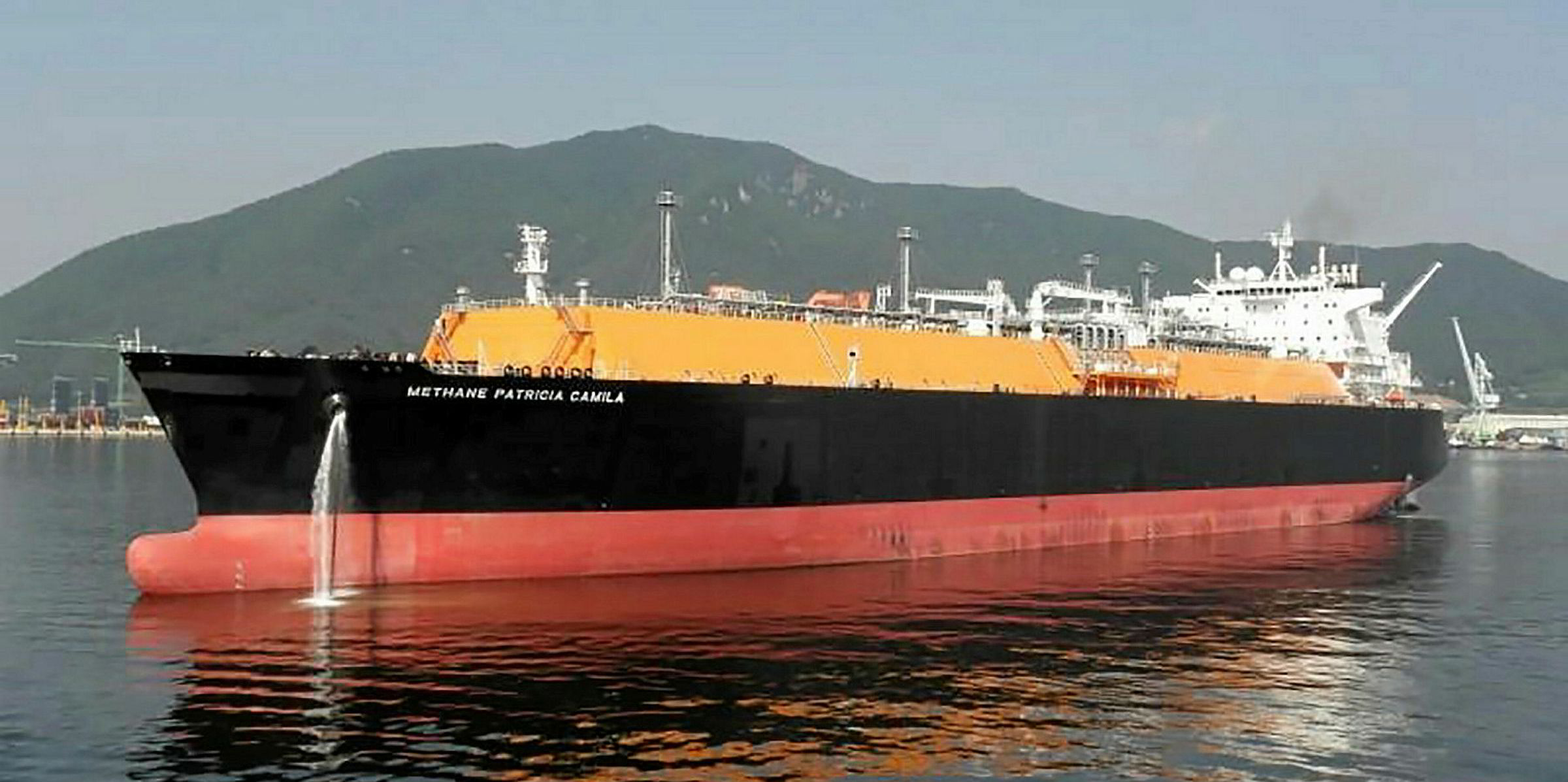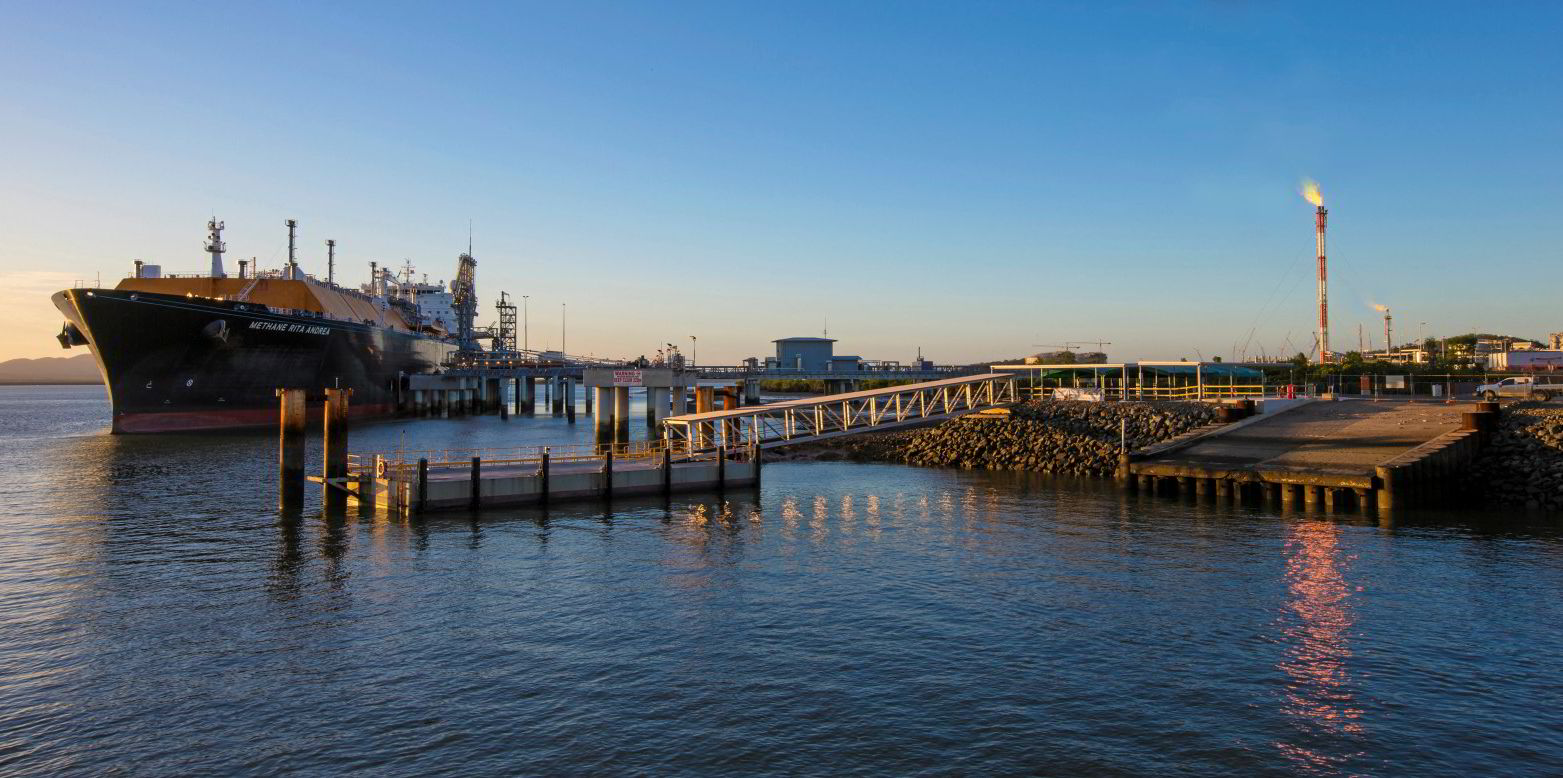Tri-fuel diesel-electric (TFDE) LNG carriers could be retrofitted with fuel cells to improve their residual value, GasLog chairman Peter Livanos said.
Speaking in a third-quarter results call, Livanos said there are evolutionary changes that can be made to improve ship efficiencies but also “revolutionary” ones.
Livanos added that fuel-cell technology is more applicable as a retrofit option to TFDE ships than slow-speed diesel vessels, as half of the propulsion on a tri-fuel unit is electric motors.
He said GasLog is “exploring” the possibility of fuel cells. But he admitted the technology is still at an early stage.
“We are hopeful that residual risk on certain ships that we have today, such as the TFDE, may change around the ability to do things like fuel-cell conversions,” he said.
Technology curve
Livanos said the technology curve for LNG shipping has flattened out.
He said companies had been looking at a ship life of 35 years.
But overlaying the IMO requirements for 2050, the potential for a 35-year commercial life of an LNG newbuilding in 2025 becomes “somewhat more challenging”.
“This should drive the economics in a way that any newbuildings coming in 2025/2026 needs to make financial calculations on a shorter commercial life.”
We are not the LNG shipping company for every man
Peter Livanos
He claimed this will give an advantage to GasLog’s newbuildings coming in 2020 and 2021, which will be very similar in their technical capabilities.
Livanos said he has been “surprised” at some of the charter rates on newbuildings accepted by new entrants into the LNG sector. He said these were at levels that GasLog “simply wouldn’t do”.
Answering questions, he said GasLog would need to see north of 9% return to deploy capital on newbuildings.
“We are taking a very disciplined view on our capex [capital expenditure],” he said.
“We are not the LNG shipping company for every man."
Livanos said LNG bunkering is an “interesting growth opportunity."
"It’s not the first thing that I think about … but it is on my list,” he said.
“We look at small-scale LNG as one of our options in medium and long term,” he added, along with other tangential areas.
Priorities
Livanos broke down GasLog’s priorities for analysts.
In the short term, he said the company and its competitors are facing some macro headwinds from the Covid-19 pandemic, and the return to normality of the energy and shipping sectors.
He believes these will continue into 2021 as the consequences of the second spike in infections are uncertain as yet.
Mid-term, he said the focus would be on strengthening the balance sheet. He sees fresh opportunities offered by new projects coming onstream in 2024 and 2025, but said there is no urgency on these at present as delays are likely. He said this gives the company plenty of opportunities to “reset the platform”.
In the long term, Livanos said it is about understanding how LNG will be used as a transition fuel, both in the transport sector and the global economy, and positioning the company around that.
He described it as “all hands on deck” for the short term.







